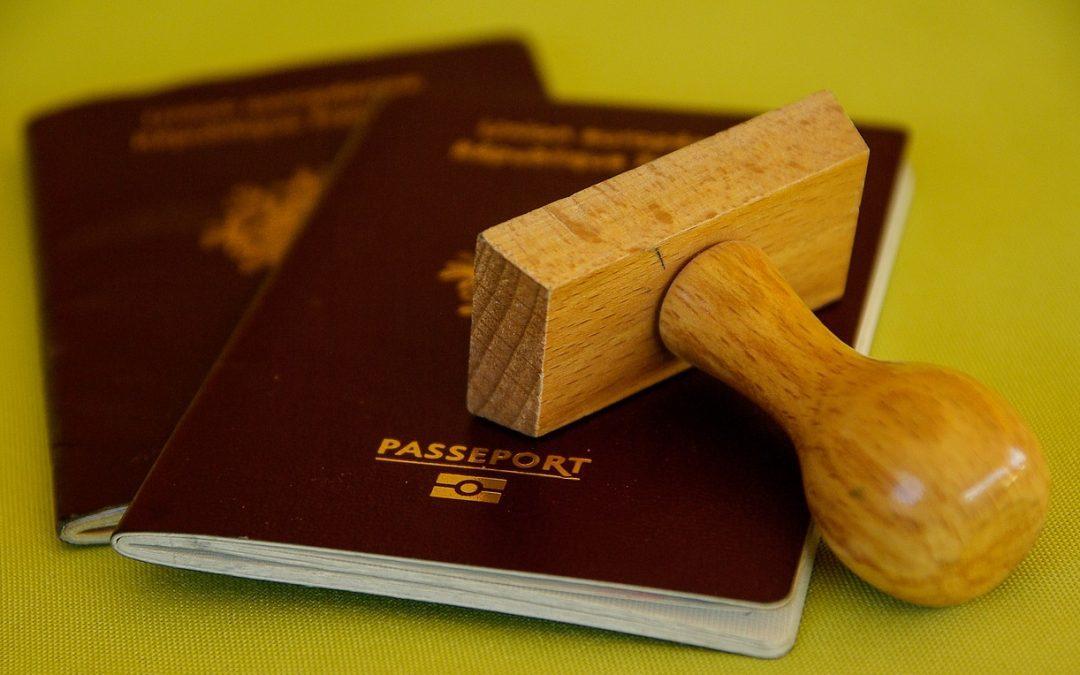Right to work checks: preparing for a summer placement
Does your organisation take on students for summer work placements? If so, it’s vital to carry out right to work checks before their employment begins.
Employers are required to carry out Right to Work Checks on all potential employees, including those doing work experience or unpaid work (unless the person in question is under 16).
The following guide explains the process for carrying out right to work checks:
What are right to work checks?
A right to work check involves checking a document which shows whether a person has permission to work in the UK.
Employers must conduct right to work checks on all potential employees to make sure they’re legally allowed to do the work in question.
Employers are also required to carry out a follow-up check on employees who have time-limited permission to work in the UK.
There are three basic steps to conducting right to work checks:
- Obtain the person’s original documents
- Check them with the holder present
- Make and keep a clear copy, and record the date of the check
What documents can be accepted?
The documents you can accept are set out in two lists – List A and List B – which can be found in the Home Office’s guide to acceptable right to work documents.
Before a student’s work placement begins, you must obtain from them an original document or combination of documents as specified in these lists.
List A contains the range of acceptable documents for a person who has a permanent right to work in the UK, including British or EEA passports and Indefinite Leave to Remain visas.
List B contains the range of acceptable documents for a person who has a temporary right to work in the UK. In this case, you are required to undertake a follow-up check.
Checking the documents
When you have obtained an acceptable document or documents, you must check them in the presence of the holder.
This can be in their physical presence or via a live video link, but in either case you must be in physical possession of the original document.
Check the following:
- The document appears genuine and belongs to the holder. You aren’t expected to be expert at identifying fraudulent documents, but you are expected to reject a document if it is ‘reasonably apparent’ that the document is false.
- Dates of birth and photographs are consistent. Photographs must be consistent with the appearance of the holder, and photographs and dates of birth must be consistent across documents (if multiple documents are presented).
- Visas are in date and allow the work in question. Some visas carry restrictions on what type of work the holder can do and/or the hours they’re allowed to work. Any conditions or restrictions will usually be stated clearly on the visa.
- Names are consistent across documents. If there is a difference in name across documents, you must seek further documentation (such as a marriage certificate or decree absolute) to explain it.
Retaining the evidence
You are required to make and keep a copy of every document you check. This can be a hard copy or an unalterable electronic copy, like a JPEG or PDF.
You should keep these copies securely for the duration of the person’s work placement, and for two years after they stop working for you.
You must also record the date you carried out the check. You can do this by making a dated declaration on the copy of the document, or by holding a record separately.
Making right to work checks a breeze
Simplify the process of carrying out right to work checks by requesting them via our online system.
Our system enables employers to be compliant when establishing, checking and storing their staff members’ right to work. Our platform ensures that this process is fully auditable and secure.
Checks are usually complete in a matter of minutes, and our platform will ensure you’ve seen the right documents – and even validate certain passports.







